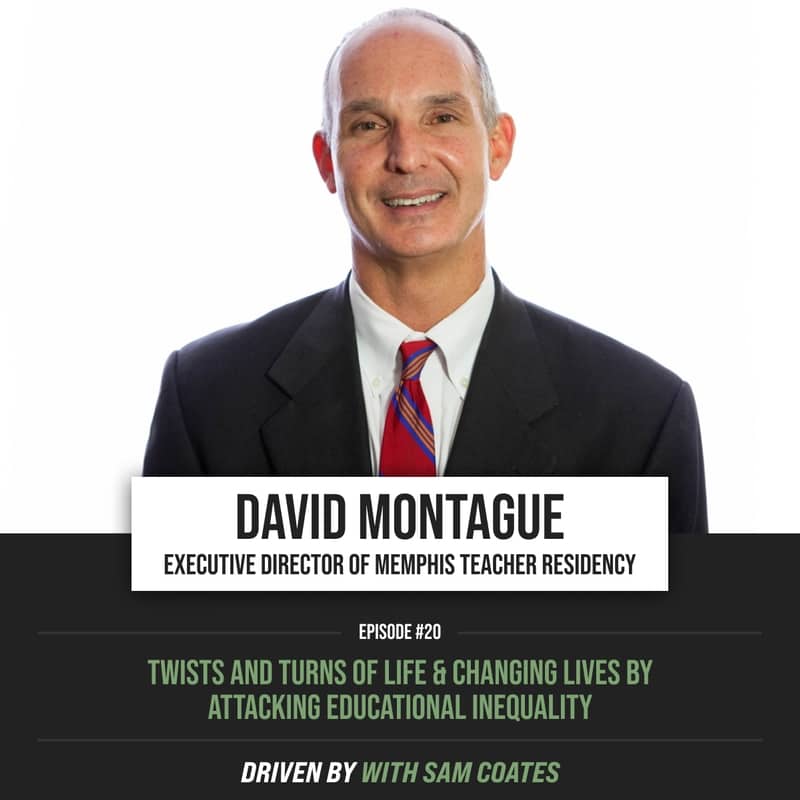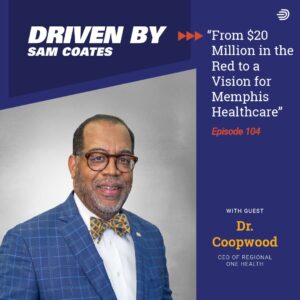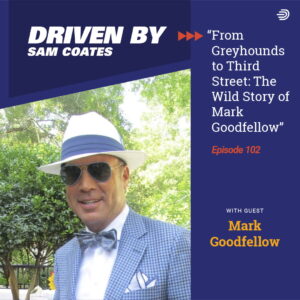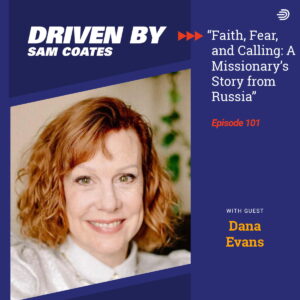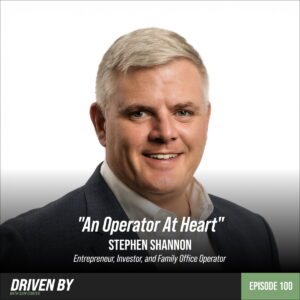As of 2019, the gap is increasing between rich and poor children with the quality of education that they receive in America. This week’s episode features what it takes to make a positive impact on this problem. A couple of the top leading factors of crime are education levels and family structure. It’s been discussed on this podcast on previous episodes. Go back to episode three with City of Memphis police director Michael Rallings. This episode is with David Montague, who led the effort in 2009 starting the Memphis Teacher Residency Program out of Memphis, TN, where he is still executive director today. In this episode, we’re going to talk about the initial need for this work, how it came together, challenges faced along the way, what types of teachers succeed in this work, successes experienced, the job still to be done, and more. I hope you enjoy this week’s episode.
RECAP:
04:07 And at that time, I didn’t have a job. I didn’t know what I was coming back to Memphis for. And I remember vividly praying and saying, “Lord, show me the biggest need in our city, and I’ll give myself to it for the rest of my life.”
8:02 I woke up in the middle of the night sobbing and uncontrollable cry… I’m not talking about just tears in my eyes. I’m like, I’m heaving. I’m groaning and with these really like… And it was almost like an out-of-body experience where I was… I remember thinking like, “What are you doing, David? Pull yourself together.” And yet I couldn’t keep myself from this wailing.
09:56: Yeah. But man, that is not the only experience in my life like that, but one of the lessons from that, I think is like how good a humbling is.
18:27 And a theme that comes up often is the destructive power of self-interest, and that it is our self and our self-interest that pits us at odds with what God’s vision for His creation would be.
28:00 Educational inequality is the single greatest social justice and civil rights issue in America today. And so one of it is just that to live in a city where there is such a disparity, we think is an injustice.
31:23 We would say, “Proximity matters,” and whoever is closest to the child is the one that can make the biggest difference. And outside of the family, the teacher is the one that has that sort of close, personal, regular contact, and that’s why we focus on recruiting very, very high-capacity, high-potential people, training and supporting them really well, and then staying with them for years in the classroom so they can be the best teacher possible.
33:02 Not terribly, not at the school level for a couple of reasons. The schools that we’re wanting to serve typically have the highest teacher attrition rates of any of the schools in the city, so we don’t have any sort of mandate requirement contract from the district that they have to hire our teachers.
34:23 Well, I got a lot of thoughts on that. First of all, I would say the work in schools that are historically marginalized, low income, in low-income neighborhoods, the work is very, very difficult.
37:17 Faith is incredibly important in this work because if I’m a person of need, insecure and needy, and I go into places of scarcity, I can’t last for very long.
RESOURCES:
- https://memphistr.org/
- Matt Haaga State Farm: https://www.matthaaga.com/
- https://abjets.com/

